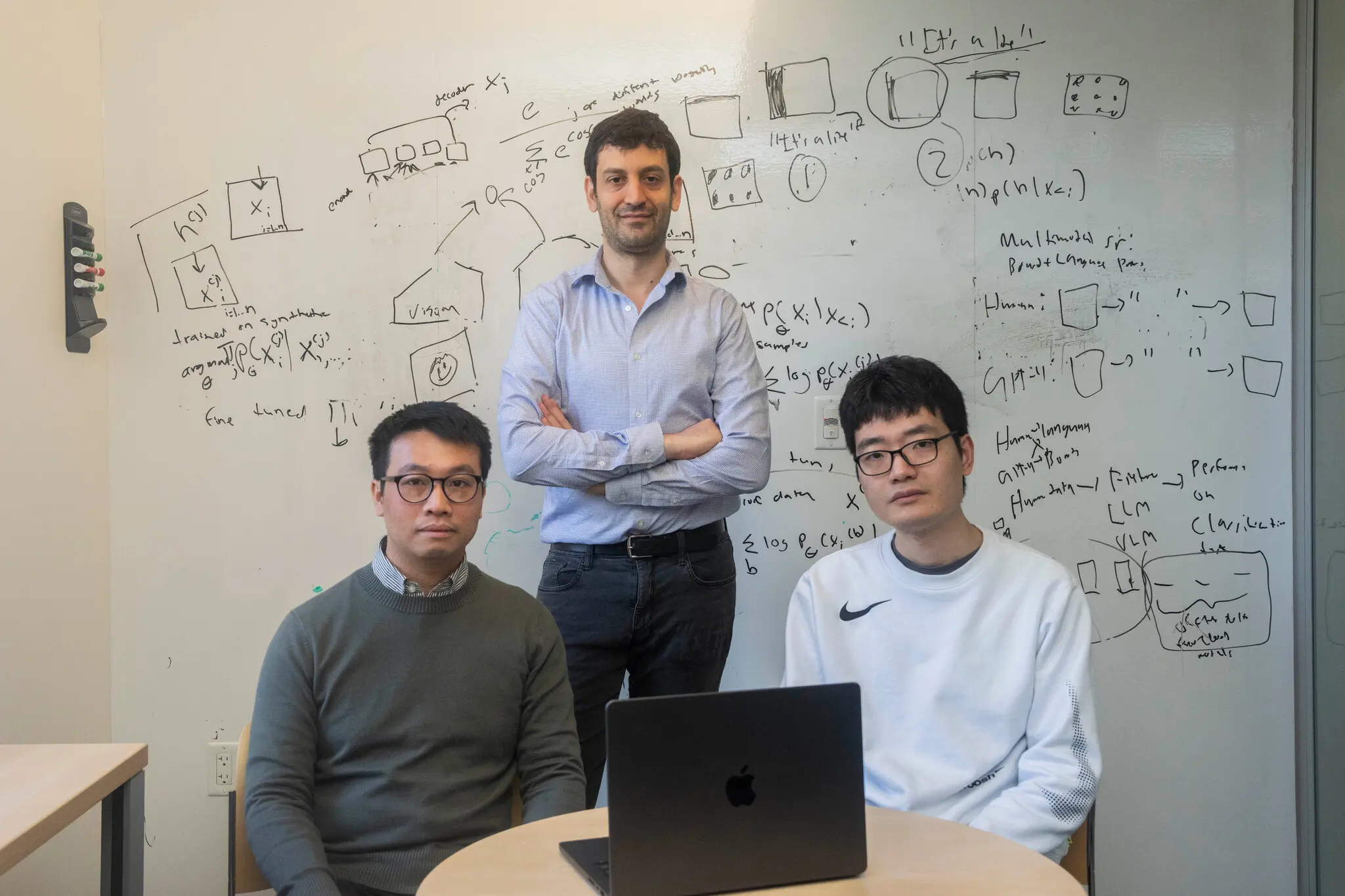Research
 Our lab seeks the ingredients of intelligence. We use advances in machine intelligence to better understand human intelligence, and use insights from human intelligence to develop more fruitful kinds of machine intelligence.
Our lab seeks the ingredients of intelligence. We use advances in machine intelligence to better understand human intelligence, and use insights from human intelligence to develop more fruitful kinds of machine intelligence.
We focus on human cognitive abilities that elude the best AI systems. Our recent projects focus on few-shot learning of new concepts, learning by generating new goals, learning by asking questions, and learning by producing novel combinations of known components. Our technical efforts focus on modern neural network modeling, including meta-learning, fine-tuning LLMs, neuro-symbolic modeling, and learning from child headcam videos — seeing the world through their “eyes and ears”.
By exploring what makes human intelligence unique, we aim to advance both psychology and computer science. In cognitive psychology, if people can do things that current models cannot, we don’t yet fully understand how these abilities work. In computer science, these human abilities represent open engineering challenges — ones that might be addressed by reverse-engineering the human solutions. Our work has uncovered key cognitive ingredients and inductive biases that are missing from current models. Additionally, we’ve shown how incorporating these ingredients can make AI systems more powerful and more human-like, while also addressing longstanding debates on the capabilities of neural networks and the necessary ingredients for learning.
See Projects for more information about current research directions.

